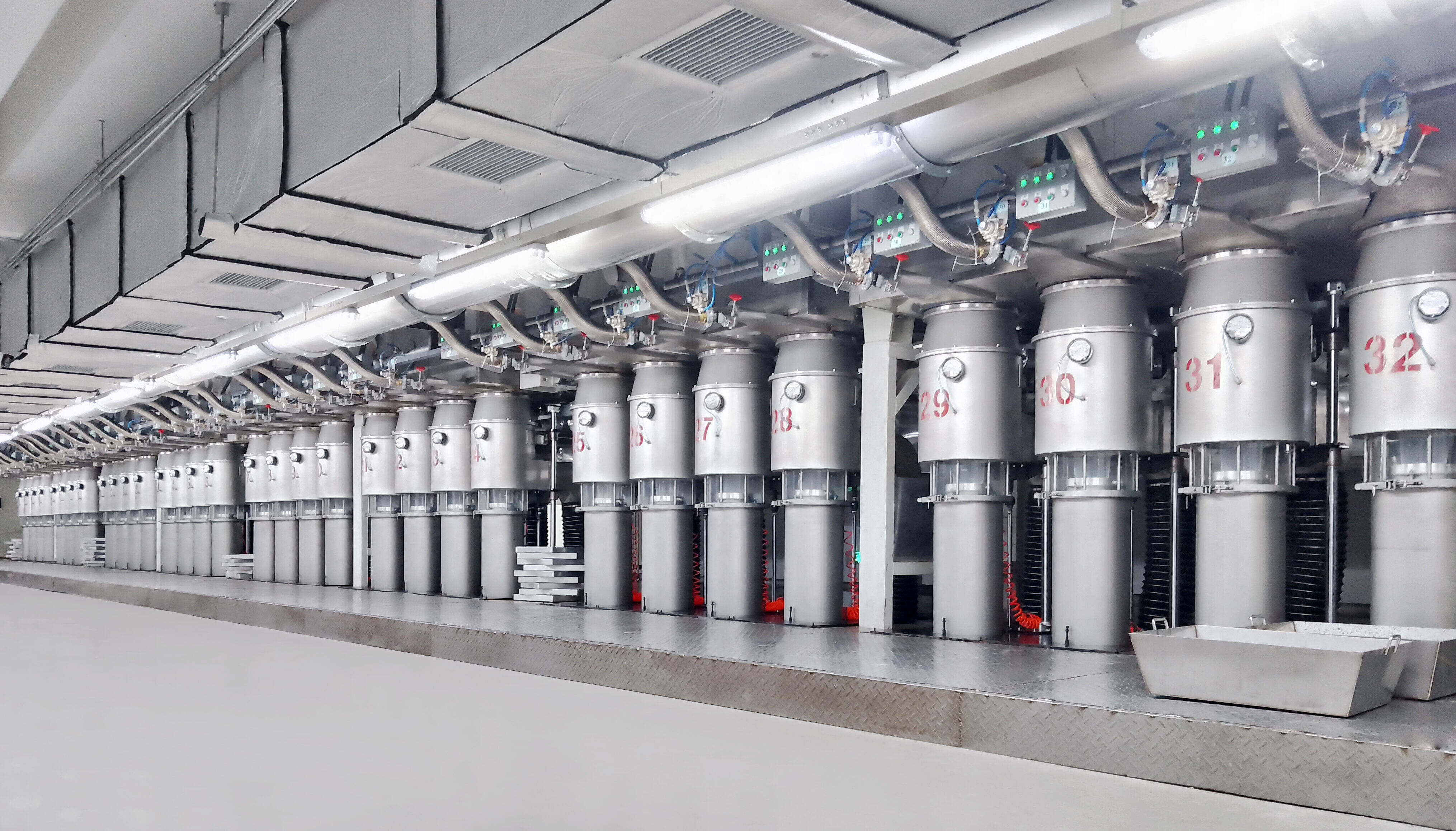Soft Gem | Leading PSF Production Line Manufacturer & Turnkey Solutions Provider
Soft Gem, a trusted brand with 30+ years in synthetic fiber equipment, specializes in advanced PSF production line facilities, including Polyester Staple Fiber (PSF), 3D hollow conjugated PET, high tenacity, and bi-component/PLA lines. Our hot-selling solutions offer customizable capacity (2–200 tons/day), intelligent manufacturing, and strict quality control. As a direct manufacturer, we provide factory-priced turnkey projects covering plant design, equipment supply, installation, and full-life cycle support. Our professional R&D team ensures flexible materials processing (PET, PLA, bi-components) and innovative digital integration. Choose Soft Gem for reliable, high-performance PSF production lines that drive efficiency and quality.
Get A Quote
